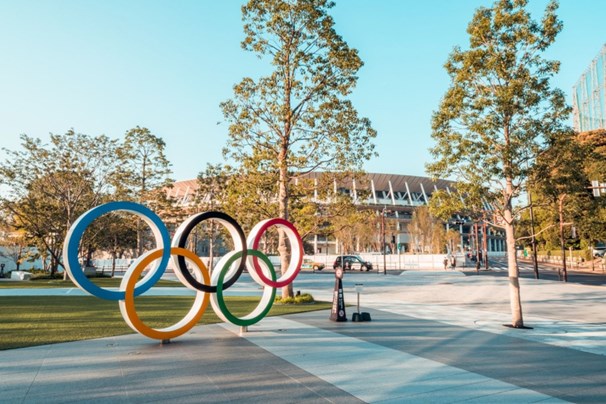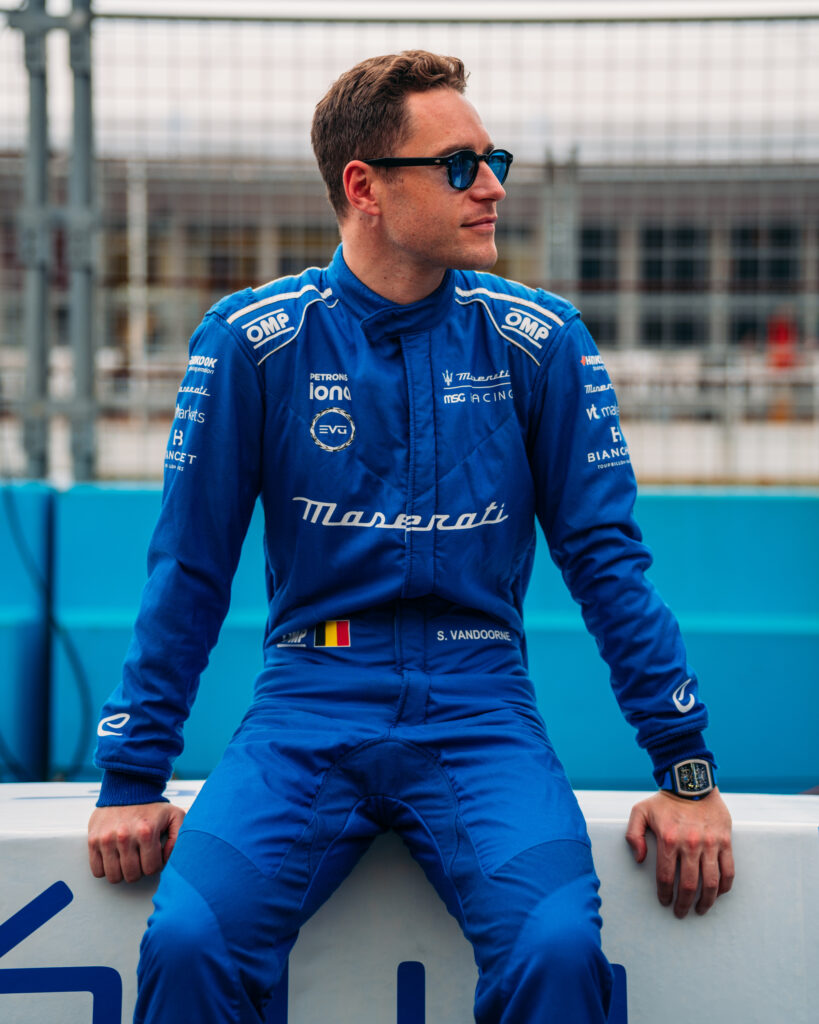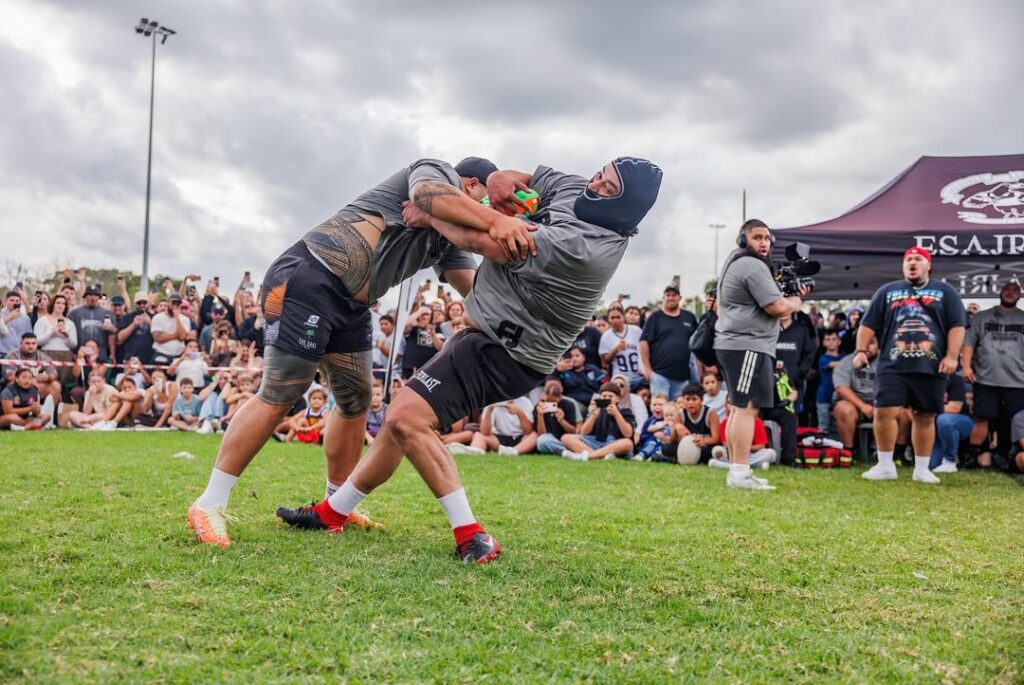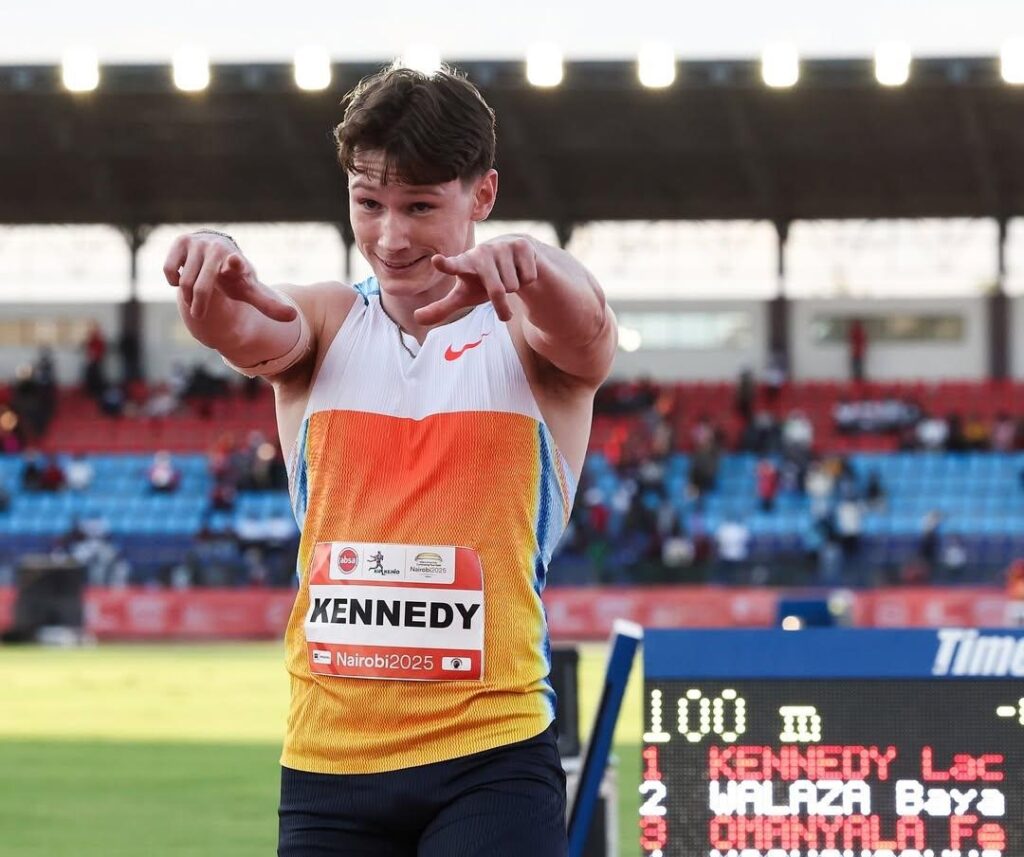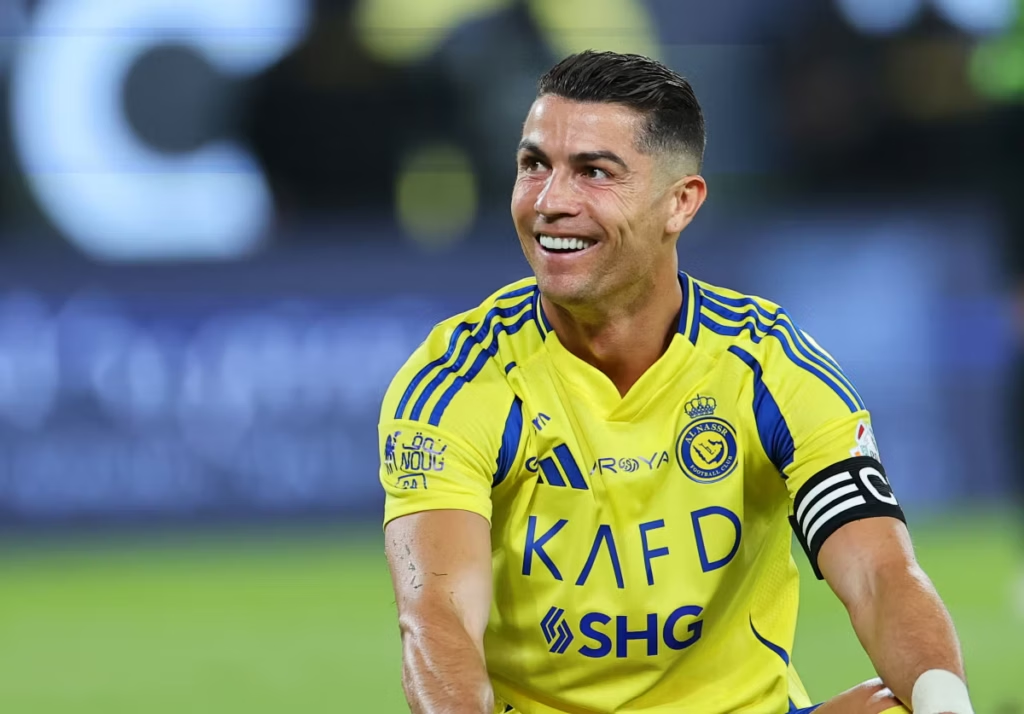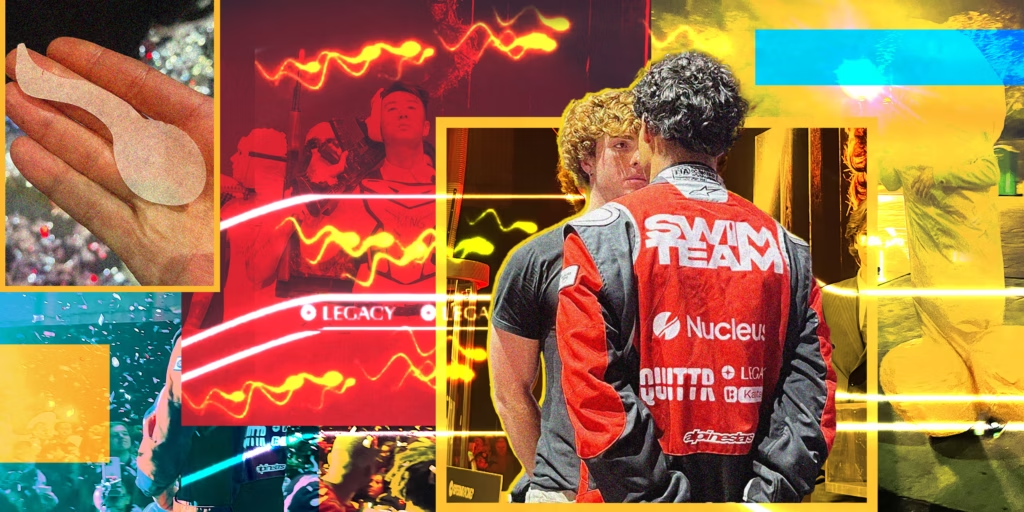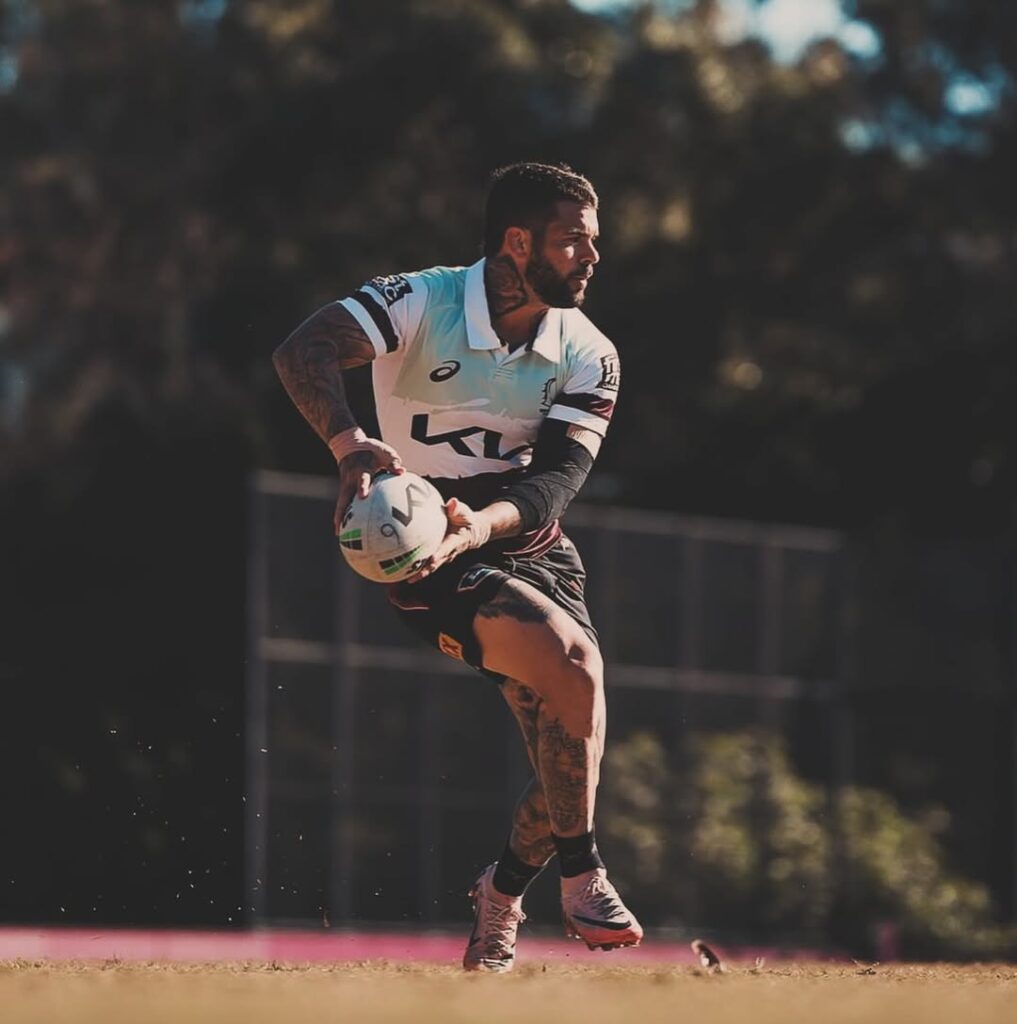There’s no shortage of industries and workers that have been significantly affected by the global pandemic. From those who have been forced to close their doors for an indefinite period of time, to others struggling to get by on reduced working hours and limited employment opportunities, the list is endless. But for athletes, the pandemic not only affected their livelihood, but their very way of life. Within the world of sports, athletes of all levels have found their competitive calendar largely empty as tournaments have been unable to go ahead due to the coronavirus and the need for social distancing. While some have managed it better than others, and some sports (namely those with the funding behind them) have created a separate bubble for such games to go ahead safely, those who have trained tirelessly for the Olympics suddenly saw their world crumbling as Tokyo 2020 came to be postponed.
The International Olympic Committee made the difficult decision to postpone the Games, but when it was announced that they would instead take place in July, many were sceptical. At a time where the pandemic continues to see countries around the world struggle to contain the spread of the coronavirus, sending athletes into an Olympic village where they will no doubt be in close proximity to one another seems a daunting task should it be done safely.
As we countdown to the Olympics, doubt has continued to blanket what should be an otherwise exciting time. Determined to block out the negativity, the IOC has insisted it is “moving fully ahead” with the Tokyo Games, despite the fact that a state of emergency in Japan was just recently extended. The announcement came at a recent press conference and though the comments were intended to be upbeat, you can’t help but feel a disconnect between the messaging and the experiences people are living through around the world.
This was evidenced by a protester who stormed into the press conference, yelling: “No Olympics anywhere. F*ck the Olympics. We don’t want the Olympics. No Olympics in LA. No Olympics in Tokyo.” The demonstrator was later revealed to be part of the NOlympics LA movement and was quickly shut down and removed by the IOC from the press conference.
Japan has recorded more than 600,000 coronavirus cases and more than 10,500 deaths – the highest numbers in east Asia. Just recently, it recorded 7,000 infections on Saturday, the highest since January. Not surprisingly, there are concerns about the Olympics going ahead in Tokyo, spurred by the fact that just 2 per cent of Japan’s 126 million people have received at least one vaccine dose since the rollout began in mid-February.
But as the IOC suggests, test events have been held safely in Japan and the organisers are doing all they can to ensure the Olympics are a safe and secure event. “As things stand, as we talk to our Japanese partners and friends, we are moving fully ahead,” said IOC spokesperson Mark Adams. “There has been a small extension of the emergency situation, but we continue to plan for full Games – and that’s the way it has to be and that’s the only way it can be for us. And everything is telling us, from the test events to international events, that the Games can go ahead and will go ahead.”
With just 78 days to go until the Olympics which are set to open on 23 July, Adams also remarked that he expects public opinion to shift once the Games are underway. “In terms of Japan and Tokyo we understand the caution of people and we are fully in solidarity with them,” he said.
“We understand that these are tough times. We understand that people are very cautious. But the test events and the playbooks should give the Japanese people confidence that these Games can be held in a very safe and secure way.”




